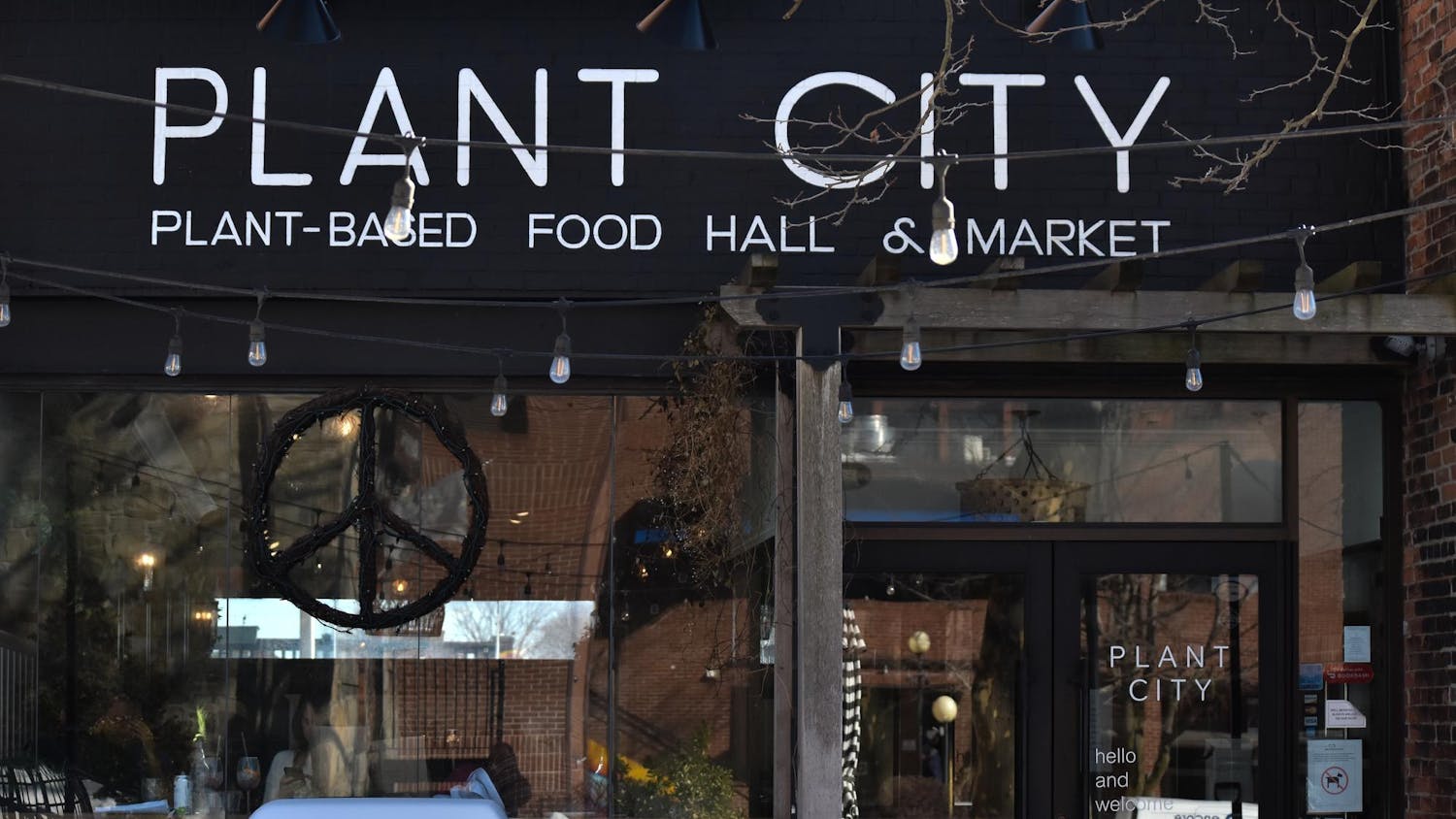On Sept. 17, the Providence City Council passed a resolution declaring Providence the country’s first “Climate Jobs City,” resolving to work on decarbonizing and retrofitting buildings, investing in carbon-neutral and climate-friendly infrastructure and increasing climate literacy and environmental education, among other goals. The resolution will be followed by a series of supplemental ordinances, according to Ward 3 Councilor Sue AnderBois, a member of the Council’s environment committee.
According to Council President and Ward 13 Councilor Rachel Miller, the city is a national partner with Climate Jobs, a coalition that works “to affirm our commitment to environmental justice and working ... together alongside worker’s rights and a just transition.”
“For me, as the primary sponsor, (the resolution) was really setting the stage for a body of work that is to come on climate action,” AnderBois said. “It’s early on. But it builds on a really good body of work that has already existed in the city.”
The resolution sets a goal for Providence to use 100% renewable energy by 2033. It follows the city’s Climate Justice Plan, a cornerstone planning document that was released in 2019.
There are no specific metrics to measure whether the city is meeting the plan’s goals in the resolution. Instead, AnderBois cited existing city policies, which include an annual report of the city’s carbon emissions and energy consumption, as well as future legislation.
“Each ordinance that we’ll put out will also have goals and metrics inside of them of how we will keep track of implementation,” she said. The building energy reporting ordinance, which AnderBois noted will soon be on the City Council’s agenda for full passage, has specific dates by which goals need to be met, as well as an annual reporting requirement, she said.
In a press release, the Council said it would be “working with Climate Jobs RI and other stakeholders to identify federal funding programs” as well as “a regular reporting system on progress.” Climate Jobs Rhode Island is a coalition consisting of citizens, workers and legislators, according to the group’s website. Its involvement in the resolution is unique in the emphasis the coalition places on creating an equitable workforce within the clean energy sector.
“Climate is a lot of the reason why I decided to run for office, and the partnership with Climate Jobs is really exciting,” AnderBois said.
“The whole resolution is meant to be intersectional; not one policy can stand on itself,” Michael Roles, policy director for Climate Jobs Rhode Island, said. The resolution “deals with fighting climate change, but in a way that also promotes equal opportunity among workers.”
Roles noted that the resolution’s policies are not stand-alone, citing the various supplementary ordinances to the resolution that are set to come. Roles said he hopes to see “working class people literally at the seat of decisions” as the ordinances go forward.
AnderBois noted that an upcoming meeting of the Council’s Environment and Resiliency Committee is set to address the transition to renewable energy within the transportation sector. She added that she hopes to hear from various perspectives throughout the Providence community as the city works to implement the new ordinances. “It really is an inclusive, stakeholder-driven process that we try to reflect in the resolution itself,” she said. “This isn’t just that things will be done ‘at’ people, but that things will be done ‘with’ people.”
A major component of the resolution involves getting workers into clean energy sectors. Patrick Crowley, secretary-treasurer of the Rhode Island division of the American Federation of Labor and Congress of Industrial Organizations, shared the story of Maximo Decaba, a member of the Pawtucket Painters and Allied Trades District Council 11, Local 195, as a testament to the opportunities within the climate jobs sector. According to Crowley, Decaba worked as a painter on a wind turbine project off of the Long Island Sound.
“Max tells these amazing stories about how he was virtually homeless before he got the opportunity to work on this job, and as a result of working on this particular offshore wind project, he was able to buy his family’s first house and really turn his life around,” Crowley said. “He’s just one example of the promise and opportunity that we’re looking at through Climate Jobs Rhode Island and through the city resolution.”
Crowley also said that the construction workforce in Rhode Island and across the country is becoming increasingly diverse — but he doesn’t “want to see that demographic change result in lower wages and benefits just because the people doing the jobs happen to be a different race, ethnicity or gender.”





